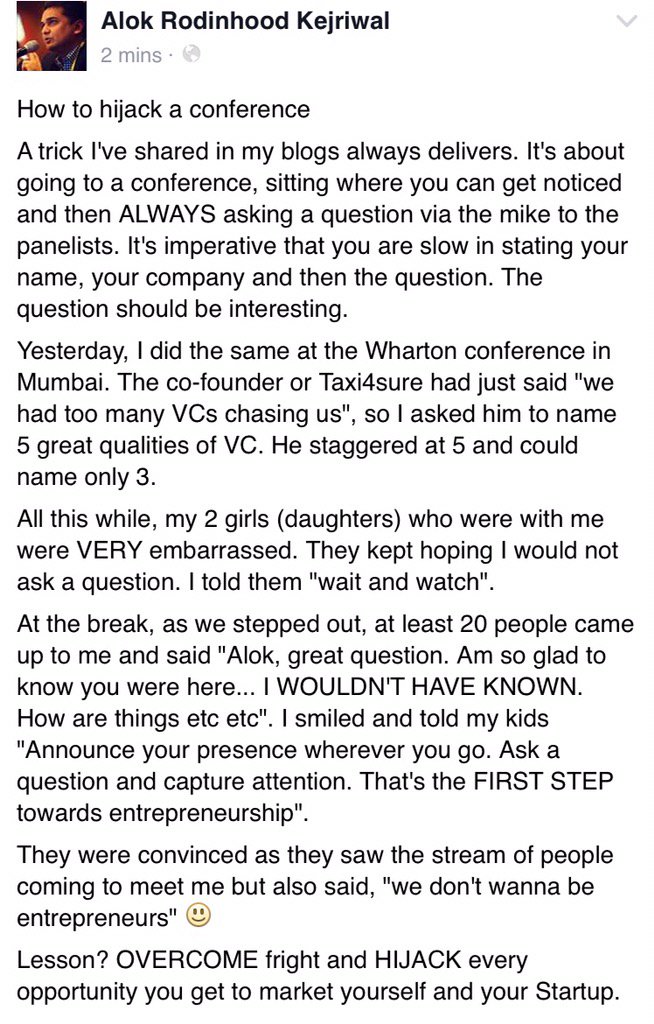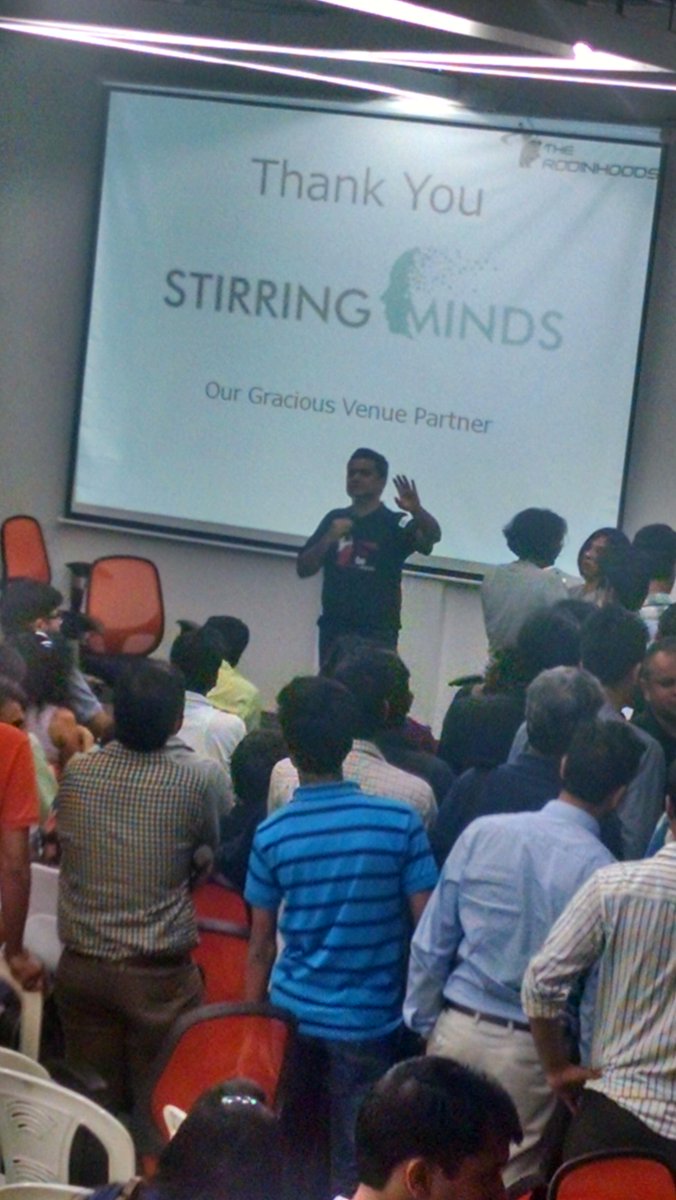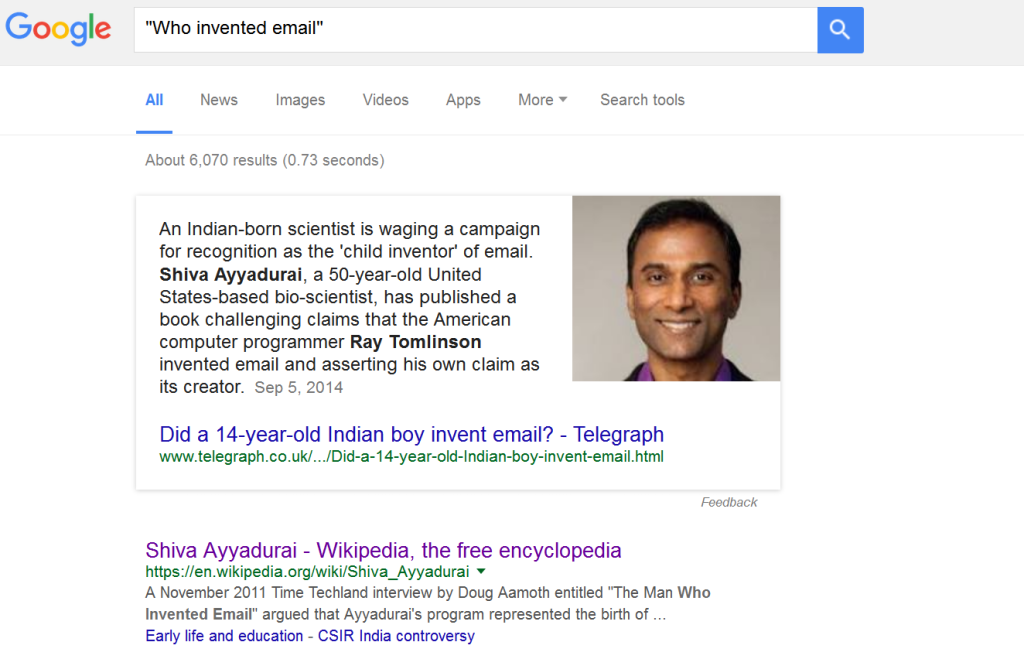Alok Kejriwal- From making socks to leading online game company
The thinker + Doer = Rodinhood says his Quora profile; Alok Kejriwal is the man who changed the pace of India’s online gaming industry. Rodinhood is inspired from Rodin – who sculpted ‘The Thinker’ and Robin Hood who ‘got things done’.
Born on 25th December, 1968, the renowned CEO and co-founder of Games2win is known to the world as Rodinhood. Alok Kejriwal is an entrepreneur who knows how to utilize a problem as an opportunity to build business around it. He started his journey by joining his family business of socks manufacturing at the age of 18, while he was still in college. After 10 years, he moved out of the family business and started something of his own which was not into manufacturing. He went on to venture in mobile and then online games.
Making of the Rodinhood
As they say, leader is one who knows the way, shows the way and goes the way. Alok Kejriwal is a true leader and has proved his leadership, honesty and truthfulness in every walk of life. He started his socks business around 1989. Once when his socks factory was preparing Argyle socks order for a leading retailer he noticed an issue with packaging. He picked up one bundle of socks and opened it like a consumer for final inspection. As he ripped the adhesive sticker from the socks, he was thunderstruck as the thread of the small ‘criss cross’ lines that make the Argyle pattern so famous began ripping out of the socks. The shipment was ready to be shipped in 3 hours and the socks had PASSED inspection from Europe and India. Without worrying about extra cost of building top pair of socks and losing credibility or business he decided to be truthful and informed the buyer. This critical decision earned him a lot of respect in the eyes of buyer. The buyer was so delighted and grateful that he not only paid for extra cost but also gave many more orders in future.
In 1998, Kejriwal founded an online contests portal company named Contests2win.com (C2W) with a borrowed laptop and only Rs 5,000. He realized the power of internet while working in the family business. During this time, he used the internet for information on spare parts on company websites. “I got fascinated with the power of Internet to distribute knowledge and thought of building business around it.”, Alok once said.
Later, he launched a venture entitled “Mobile2win” in china in 2001. Mobile2Win organized mobile competitions and promotions on mobile interactive platforms. In 2003 mobile2win operations were also started in India. He got the VAS Business of Sony Channels’ singing show Indian Idol. Alok was one of the pioneers of ringtone business. He did create a lot of value and money before mobile companies and tv channels themselves started doing this business to maximize their profits.
Mobile2win was doing fantastic but due to funding, scale and other issues, Alok was asked to leave mobile2win. However, this sad exit turned out to be good for him in long turn. He got million dollars on exit from mobile2win which he invested in conetst2win. Later the Indian arm of mobile2win went to Chandigarh (India) based company for no cash deal while Chinese mobile2win got acquired by Disney.
Taking the legacy forward, he came up with a new venture Games2win in the year 2007. Today, Games2win is ranked among top gaming site across the world. The most popular game at Games2win is Parking Frenzy and has about 20-25 million downloads. Besides Parking Frenzy, another 15 of their games have 1 million downloads now.
As the popularity increased, Games2win discovered that thousands of other websites and blogs were embedding Games2win games on their sites. Instead of blocking games on other websites or sending them copyright infringement notices, Alok and his team used an innovative idea. They started displaying Ads within the game whenever it was played on a website other than Games2win. Suddenly their success metric changed to the number of websites illegally embedding their games. More the embeds, more display ads, more revenue.
Although not being a great supporter of mobile only approach, he moved Games2win from a top game company to a mobile games company while struggling with static traffic in 2010. Games2win started focusing on mobile games and stopped making web games in 2014. New games are only available for smartphones. However, you can still play old games on their website.
Tough calls and work life balance
Entrepreneurship is bed of thorns. Being a successful entrepreneur and a successful father, husband at the same time is not that easy. You are always occupied with business deals, meetings, and dinner with clients and what not. Alok Kejriwal is married to Chhavi Kejriwal and has two daughters. In his blog “would you marry an entrepreneur? “, he jotted the pros and cons of marrying an entrepreneur. Topping it with his own story, he recalled a real life incident.
Can you imagine where was he when his second daughter was born? Hospital? No, you got it wrong! Well he wrote,” I skipped visiting the hospital and escorting my wife and my newborn daughter (my second child) home, because that evening I was signing some term sheets of my first venture contests2win.com in the lobby of The Oberoi in Mumbai.”
Startup mentor, critic and attention grabber
Alok never shies from going public with his views on different startups and their business ideas and many times he has been proved right. Alok criticized the app only approach of Myntra and Flipkart which turned out to be true after these companies rolled back their decision.
The the blue eyed gaming champ also criticized then Housing.com CEO Rahul Yadav for two Housing.com hoardings that were barely visible behind trees which attracted a sharp reaction form Rahul Yadav.
Amidst all the criticism, chaos and challenges, Alok kept pushing himself and continued to grow as an entrepreneur. He knows the art of being in news and use the right opportunity at right point of time.

Alok belongs to that rare breed of successful entrepreneurs who go extra mile to help budding entrepreneurs achieve success. This “Crazy Internet Entrepreneur” of India is playing the role of a startup mentor and motivator. Alok runs Rodinhood.com where he and fellow Rodinhoods share their experiences related to startups, products, teams, marketing & business. Nothing can beat such startup stories and experiences in helping budding entrepreneurs run their show successfully. He and his team of volunteers organize The Rodinhoods Open House(TRH) in different cities of the country for free. TRH helps startups meet industry leaders, pitch their product to investors and network with fellow entrepreneurs.

His favorite advice to entrepreneurs is
“To go where no man has gone before…” (from Star Trek).

Anshu Verm is a software developer by education and blogger by passion.You can call her Tech Savvy!!
Apart from blogging, she is a music lover and love to sing! She don’t consider herself an expert and love to learn new things everyday.
She swear by the YOLO philosophy and believe that everyday may not be good, but there’s something good in everyday!!
She is a big fan of technology and loves to write about tech founders, startups and technologies.




